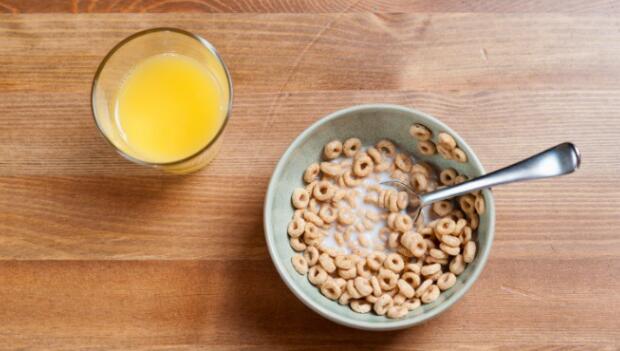
You've heard the same old "high-protein, low-fat, moderate carbs" dogma regurgitated for the umpteenth time.
That would be too easy for me to write about, and probably too familiar to anyone who is remotely in touch with today's health and fitness magazines. Does anyone not abide by the high-protein, low-fat diet anymore?
Instead, I'm going to tell you what to eat and what not to prior to an athletic activity or competition. Believe it or not, the last few meals before a competitive event—or perhaps that business lunch before a post-workday workout, which you didn't think twice about—make all the difference in overall athletic performance.
First off, the idea that carbo-loading will help stamina and endurance during athletic activity has some merits, but it's not as simple as "Eat spaghetti the night before a long-distance ocean swim and presto, you will be able to double your endurance level!"
As a veteran ocean swimmer and winner of many long-distance races, I've read many articles on nutrition. This is what works for me.
Not Just Carbs
Carbo-loading needs to take place several days before your event, at least three days prior to competition. Pastas, breads, cereals, etc. can be incorporated into your diet more than usual, although be careful not to add or increase your intake of cream sauces, butter, or milk (respectively) with those items.
A common mistake people make when carbo-loading is that they forgo their intake of vegetables, fruits, and proteins. Pasta carbo-loading is fine, but not at the expense of other nutritional supplements that are vital to prime performance. Pasta primavera with chicken, for instance, is a great dish that is heavy on carbs while providing a balance of other vitamins and nutrients.
However, the night immediately before a race you may want to lay off the tomato sauce (tomatoes contain acid that can give you an upset stomach).
Steamed or microwaved vegetables contain valuable antioxidants and vitamins essential to peak performance, but don't forget they are also a good source for carbohydrates. However, vegetables take longer to digest than simple grain-based carbohydrates like bread and cereal. Uncooked vegetables are definitely not recommended before a long swim or run.
Stay away from broccoli, carrots, corn, and other "hard" vegetables in favor of watery ones like salad, zucchini, squash, and asparagus. They will pass through your system, supply you with carbohydrates and nutrients that you need, and not weigh you down.
What to Drink
Orange juice and milk are staples of any healthy breakfast, but are best avoided 24 hours before you compete. I have always stuck to water as my fluid intake in the day before a race; you don't need the extra calories or acidic side effects of a fruit juice (no matter how healthy it is), nor the hard-to-digest side effects of dairy products.


